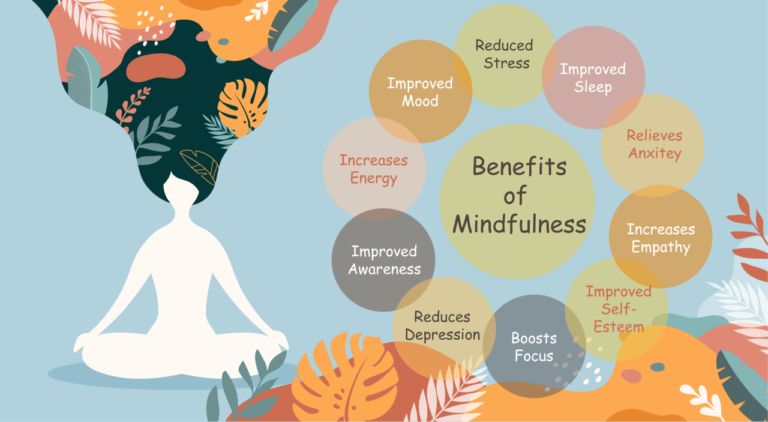Hydration often takes a backseat in conversations about health, overshadowed by topics like diet and exercise. However, the simple act of drinking enough water is foundational to maintaining overall well-being and ensuring that our bodies function optimally. As we delve into the importance of hydration, it becomes clear that this basic necessity is anything but mundane; it plays a pivotal role in various physiological processes and can profoundly impact our health.
The Science Behind Hydration
Water makes up about 60% of the human body, with every cell, tissue, and organ relying on it to carry out its functions. It regulates body temperature, aids in digestion, and facilitates nutrient absorption. The kidneys, for instance, require an adequate water supply to filter toxins from the blood effectively and excrete waste through urine. Without sufficient hydration, this process can be hampered, potentially leading to kidney stones or urinary tract infections.
Cognitive Function and Mood
Hydration also significantly affects cognitive performance and mood. Research has shown that even mild dehydration can impair concentration, memory, and overall mental clarity. When the body is dehydrated, it can lead to feelings of fatigue, irritability, and even anxiety. Maintaining proper hydration levels helps keep the brain’s electrical activity balanced, which is crucial for cognitive functions and emotional stability.
Digestive Health
A well-hydrated body ensures a well-functioning digestive system. Water helps dissolve fats and soluble fibers, which prevents constipation and promotes regular bowel movements. It also supports the production of digestive enzymes, which are essential for breaking down food and absorbing nutrients. Inadequate water intake can lead to gastrointestinal issues like bloating, indigestion, and constipation.
Weight Management
Hydration plays an unexpected yet vital role in weight management. Often, our bodies confuse thirst with hunger, leading to unnecessary snacking and overeating. Drinking water before meals can help control appetite, as it provides a sense of fullness and reduces the likelihood of overindulgence. Moreover, water has zero calories, making it a perfect choice for those looking to manage their weight without compromising on hydration.
Skin Health
The state of our skin is often a reflection of our overall health, and hydration is no exception. Proper hydration helps maintain skin elasticity and suppleness. When the body is adequately hydrated, it can effectively flush out toxins, reducing the risk of skin issues such as acne and dryness. Hydrated skin looks more youthful and radiant, as water supports the skin’s natural healing processes and prevents premature aging.
Joint and Muscle Function
Water is crucial for joint lubrication and muscle function. It helps maintain the viscosity of synovial fluid, which acts as a lubricant for joints, reducing the risk of stiffness and arthritis. Additionally, proper hydration supports muscle function and helps prevent cramps and strains. During physical activity, the body loses water through sweat, and replenishing this lost fluid is essential to maintain performance and prevent dehydration-related complications.
Hydration Tips for a Busy Lifestyle
- Regular Water Intake: Aim to drink at least 8 glasses (2 liters) of water daily. This amount can vary based on individual needs, activity levels, and environmental conditions. Carrying a reusable water bottle can serve as a constant reminder to drink water throughout the day.
- Infuse Your Water: If plain water seems unappealing, infuse it with fruits, vegetables, or herbs. Adding slices of lemon, cucumber, or berries can make hydration more enjoyable and provide additional nutrients.
- Monitor Your Intake: Pay attention to your body’s signals. Thirst is a clear indicator that your body needs water, but don’t wait until you’re parched. Set reminders to drink water regularly, especially if you’re engaged in physical activities or spending time in hot environments.
- Hydrate with Foods: Incorporate water-rich foods into your diet, such as fruits and vegetables. Cucumbers, oranges, and melons are excellent choices that contribute to your daily hydration needs.
- Adjust for Activity: Increase your water intake during physical activity and in hot weather to compensate for fluid loss through sweat. Sports drinks can be beneficial for replenishing electrolytes in situations of intense exercise or prolonged dehydration.
Health Lifestyle
Hydration is not merely about quenching thirst; it is a fundamental aspect of maintaining overall health and wellness. From supporting cognitive functions to ensuring effective digestion and radiant skin, the benefits of staying hydrated are far-reaching. By making a conscious effort to drink enough water and incorporating hydrating foods into your diet, you can enhance your health, improve your mood, and boost your overall quality of life. Remember, your body’s need for water is constant, and keeping hydrated is one of the simplest yet most powerful ways to support your well-being.










+ There are no comments
Add yours